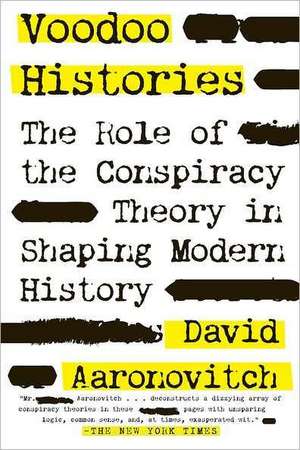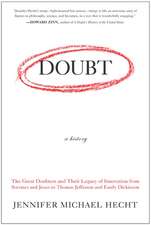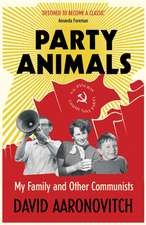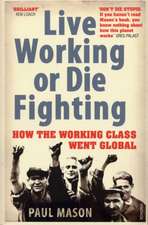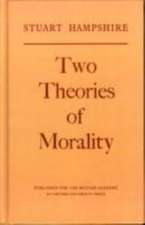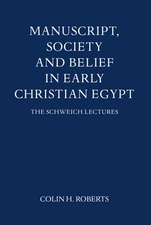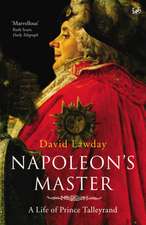Voodoo Histories: The Role of the Conspiracy Theory in Shaping Modern History
Autor David Aaronovitchen Limba Engleză Paperback – 31 dec 2010 – vârsta de la 18 ani
A history so funny, so true, so scary, it's bound to be called a conspiracy.
"Meticulous in its research, forensic in its reasoning, robust in its argument, and often hilarious in its debunking, Voodoo Histories is a highly entertaining rumble with the century's major conspiracy theorists and their theories" (John Lahr).
From Pearl Harbor to 9/11 to the assassination of JFK to the Birther movement, David Aaronvitch probes and explores the major conspiracy theories (and theorists) of our time. This entertaining and enlightening conspiracy theory book-aimed to provide ammunition for those who have found themselves at the wrong end of a conversation about moon landings or the Twin Towers-examines why people believe these conspiracies, and makes an argument for a true skepticism: one based on a thorough knowledge of history and a strong dose of common sense.
"Meticulous in its research, forensic in its reasoning, robust in its argument, and often hilarious in its debunking, Voodoo Histories is a highly entertaining rumble with the century's major conspiracy theorists and their theories" (John Lahr).
From Pearl Harbor to 9/11 to the assassination of JFK to the Birther movement, David Aaronvitch probes and explores the major conspiracy theories (and theorists) of our time. This entertaining and enlightening conspiracy theory book-aimed to provide ammunition for those who have found themselves at the wrong end of a conversation about moon landings or the Twin Towers-examines why people believe these conspiracies, and makes an argument for a true skepticism: one based on a thorough knowledge of history and a strong dose of common sense.
| Toate formatele și edițiile | Preț | Express |
|---|---|---|
| Paperback (2) | 69.54 lei 24-30 zile | +25.55 lei 5-11 zile |
| Vintage Publishing – 6 mai 2010 | 69.54 lei 24-30 zile | +25.55 lei 5-11 zile |
| Riverhead Books – 31 dec 2010 | 134.10 lei 3-5 săpt. |
Preț: 134.10 lei
Nou
Puncte Express: 201
Preț estimativ în valută:
25.66€ • 26.66$ • 21.32£
25.66€ • 26.66$ • 21.32£
Carte disponibilă
Livrare economică 13-27 ianuarie 25
Preluare comenzi: 021 569.72.76
Specificații
ISBN-13: 9781594484988
ISBN-10: 1594484988
Pagini: 416
Dimensiuni: 137 x 206 x 25 mm
Greutate: 0.34 kg
Editura: Riverhead Books
ISBN-10: 1594484988
Pagini: 416
Dimensiuni: 137 x 206 x 25 mm
Greutate: 0.34 kg
Editura: Riverhead Books
Notă biografică
David Aaronovitch is an award-winning journalist, who has worked in radio, television and newspapers in the United Kingdom since the early 1980s. His first book, Paddling to Jerusalem, won the Madoc prize for travel literature in 2001. He is also the recipient of the George Orwell Prize for political journalism. He writes a regular column for The Times (UK). He lives in north London, with his wife and three daughters.
Descriere
From Pearl Harbor to 9/11 to the assassination of JFK to the Birthers, Aaronvitch probes and explores the major conspiracy theories (and theorists) of our time. In doing so, he examines why people believe these conspiracies, and makes an argument for a true skepticism.
